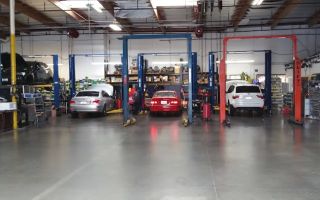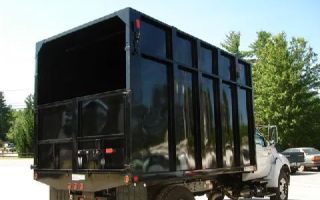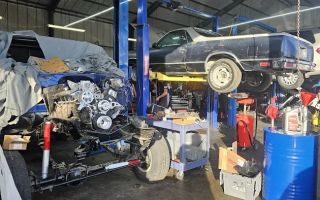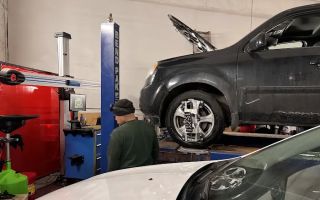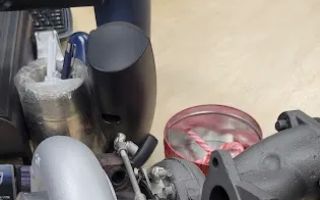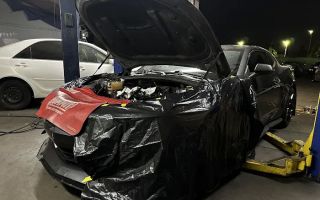Common Causes of Car Engine Overheating and How to Fix Them
Understanding Engine Overheating
As a car owner, there’s a sinking feeling that comes with seeing the temperature gauge climb into the red zone. I’ve been there myself, and I know it’s both alarming and inconvenient. Overheating is one of the most common engine problems that drivers face, and it can happen for various reasons. The good news is that many of these causes are preventable or fixable with the right knowledge and tools. So, let’s take a deep dive into the common causes of car engine overheating and how to deal with them effectively.
1. Low Coolant Levels
One of the most common reasons for engine overheating is low coolant levels. Coolant, also known as antifreeze, is responsible for maintaining the engine’s temperature by absorbing the heat and transferring it away from the engine. Without the right amount of coolant, your engine won’t be able to cool down effectively, leading to overheating.
In my own experience, I once noticed my car's temperature gauge creeping up unexpectedly. I was on a long road trip, and I stopped at a gas station to check under the hood. Sure enough, the coolant reservoir was almost empty. I had ignored the warning signs earlier, and it led to some stress. Thankfully, the gas station had some coolant on hand, and I was able to top off the reservoir. My car’s temperature dropped back into the normal range, and I continued my journey without further issues.
To prevent low coolant levels from becoming a problem, it's important to regularly check your coolant and refill it as needed. If your coolant level is dropping unexpectedly, there might be a leak in the system that needs to be addressed. If you're not sure how to check or top off the coolant, a mechanic can help, and you can also consult your car's owner’s manual for specific instructions.
2. Radiator Issues
The radiator plays a critical role in preventing engine overheating. It works by releasing the heat that the coolant absorbs from the engine. If the radiator is clogged, damaged, or malfunctioning, it won’t be able to perform its job, leading to an overheating engine.
In a situation I experienced once, my car overheated while driving on the highway. I noticed a strange smell and steam coming from the front of the car. When I pulled over, I found that the radiator had sprung a small leak. Fortunately, it was a minor issue, and I was able to use a temporary radiator sealant that I purchased from a nearby auto parts store. This allowed me to drive safely to a mechanic, who later replaced the radiator entirely. A full radiator replacement can be expensive, but a well-maintained radiator is essential for keeping your engine cool.
To avoid radiator issues, check the radiator periodically for any signs of leaks, corrosion, or damage. Regular maintenance, such as cleaning the radiator and ensuring the cooling fins are not clogged with debris, can go a long way in extending its lifespan. If your car’s radiator is not functioning properly, getting it repaired or replaced early can save you from an overheating emergency.
3. Water Pump Failures
The water pump is responsible for circulating the coolant throughout the engine and radiator. When it fails, the coolant can’t circulate properly, which leads to engine overheating. Water pumps can fail due to wear and tear, or the seals around the pump can deteriorate over time.
I had a water pump issue during a road trip in a remote area. The engine temperature shot up, and I had to pull over. After a few minutes of trying to figure out what was going on, I discovered that the water pump had failed, and coolant was leaking from the pump’s seal. I had to call for a towing service to get the car to the nearest shop. The mechanic explained that water pump failure is a common issue and that early signs like coolant leaks or unusual engine noises can indicate a failing pump.
If you suspect that your water pump is failing, you should look for signs such as coolant leaks, strange noises, or the engine running hot. A water pump replacement can be expensive, but it is crucial to replace it before it causes engine damage. Regular inspections can help catch this issue early and prevent it from becoming a more serious problem.
4. Thermostat Malfunction
The thermostat in your car regulates the flow of coolant through the engine to maintain an optimal operating temperature. When the thermostat malfunctions, it may either get stuck in the closed position, preventing coolant from circulating, or get stuck in the open position, causing the engine to cool down too much.
During one of my regular commutes, I noticed my car engine running a little too hot. After having it checked by a mechanic, I was told the thermostat had failed and was stuck in the closed position. This was preventing the coolant from circulating effectively, leading to overheating. The mechanic replaced the thermostat, and the issue was resolved. If you notice your engine temperature rising unexpectedly, or if the car takes longer than usual to heat up, your thermostat might be the culprit.
To prevent thermostat malfunctions, ensure that you regularly inspect the cooling system and have the thermostat checked as part of your regular vehicle maintenance. If your engine shows signs of overheating, it’s a good idea to have the thermostat checked immediately.
5. Driving Conditions
Sometimes, engine overheating can happen due to the driving conditions you’re in. Heavy traffic, mountainous roads, or hot weather can put extra strain on your engine and cooling system, making it more likely for your engine to overheat. In my case, I once experienced engine overheating during a summer trip to the mountains. The steep inclines and slow-moving traffic made it difficult for the engine to cool itself efficiently, especially in the sweltering heat.
To avoid overheating in tough driving conditions, make sure your car’s cooling system is in top condition before embarking on long trips, especially in hot weather or challenging terrain. Keep an eye on the engine temperature gauge and pull over immediately if it starts rising. Giving your car time to cool off can prevent more serious damage from occurring.
How to Prevent Engine Overheating
To avoid the headache and frustration of dealing with an overheating engine, there are several things you can do to prevent it:
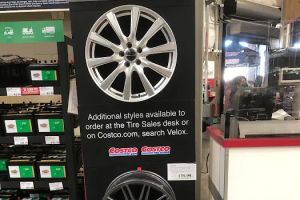
Costco Tire Center
43621 Pacific Commons Blvd, Fremont, CA 94538, USA
1. Regularly Check Coolant Levels
Ensure that your coolant is topped off and that there are no leaks in the system. This is one of the easiest ways to prevent overheating.

Walter's Auto Repair
5508 Atlantic Ave, Long Beach, CA 90805, USA
2. Maintain Your Radiator
Regularly inspect your radiator for leaks, damage, and dirt buildup. A clean radiator will perform better and keep your engine cool.
3. Change the Thermostat When Necessary
If you experience frequent overheating or irregular engine temperatures, it may be time to replace your thermostat. Regular maintenance can help detect these issues early.
4. Avoid Stressful Driving Conditions
If you’re heading into hot weather or mountainous terrain, ensure your cooling system is in top shape. Take breaks during long drives, especially in heavy traffic, to allow your engine to cool down.
When to Call for Towing Services
If your car overheats and you can’t resolve the issue on the spot, don’t hesitate to call for professional help. A towing service can bring your car to a repair shop and prevent further engine damage. I learned the importance of towing services when my car’s radiator failed on a remote highway. I had to call a towing service to get my car to the nearest mechanic, saving me from a more costly repair down the line.
If you find yourself in a similar situation, don't delay in calling for help. You can always reach out to a trusted towing service like Rescue & Towing for fast, reliable assistance. They can get your car to safety and ensure that any overheating issues are properly addressed.

